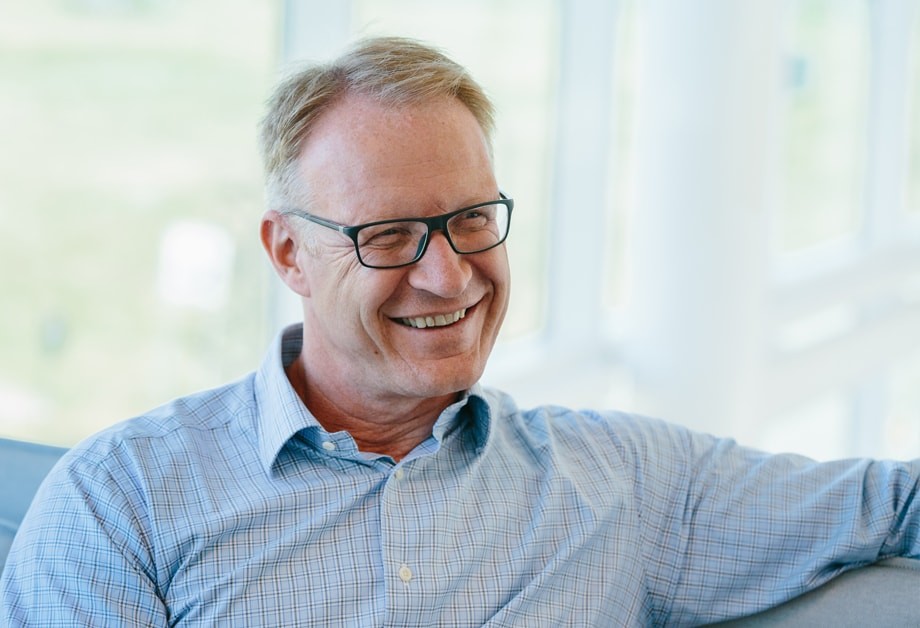Large, meet small: why established industry needs to support up and coming innovators
Jeroen Diderich, Avery Dennison Senior Vice President and General Manager, Label and Graphic Materials North America, discusses the symbiotic nature of the establishment and its start-up counterparts, highlighting the need for collaboration to solve some of industry’s biggest challenges.
While North American industry is clearly well-established and large corporations are very much part of the landscape, there is still and will always be an innate frontier spirit embedded in the modern American cultural ethos.
Though we’ve moved on from the Wild West, as a Dutchman I see the legacy of this mentality at the forefront of innovation. You only have to look to Silicon Valley and the success of the modern day technological gold rush to see how entrepreneurship is as integral today as it was in the 1800s. The American entrepreneur is also extremely comfortable with taking risks; again, it’s an acceptance of potential failure and the understanding of the essential relationship between failure and progress that has allowed this country to operate at the forefront of innovation for so long.
Avery Dennison is an American company rooted in entrepreneurship, thanks to our founder Stan Avery who invented the world’s first self-adhesive label in 1935. And from that startup legacy, a large multinational corporation has grown. And like many large organizations, we now have a high volume of modern-day Stan Averys who possess deep, specialized expertise in one singular area, and this has been at the heart of our continued success for the last 88 years. At the same time, our maturity and our deep subject matter expertise doesn’t hinder us from recognizing that we need to engage with and nurture different points of view and different perspectives. This extends from our core business all the way through to our efforts in areas like DE&I.
It’s important to identify what is the root cause of any problem and what’s the real unmet need. Broad oversight and targeted expertise aren’t of course mutually exclusive, but they
often exist in industry silos when what we need is cross-pollination. The combined power of breadth plus granularity serve progress well. It’s something that, as a larger organization, Avery Dennison has recognised and responded to with the launch of AD Stretch, a global accelerator program.
As we seek to address the challenges of brand engagement, of consumer experience and, crucially, sustainability, we do so with a clear acknowledgement that the solution won’t be found in isolation. It’s through this collaboration between large and small, between established and entrepreneurial, that innovation can find another gear.
The symbiotic relationship between established businesses and their smaller counterparts means that we all collectively benefit. While the larger entity gains from the smaller’s agility, risk aversion and entrepreneurial mindset, the smaller gains from the larger’s scale, established processes, access to the supply chain and indeed to customers. The challenge of bringing innovative products and services to market is lessened and the opportunity for solving bigger problems increases.
While tangible innovation is the short-term goal, where industry needs to deliver doesn’t ultimately lie in a new product, process or service. Yes, these are instrumental to delivering a successful outcome, but where our industry needs to make a difference is at a much deeper level. The goal is to generate insights… influence a response or a behavior… trigger a change.
Nobody goes to bed at night dreaming of making a new label, but they do think about how they can improve a brand’s ability to connect with their customers, or how they can help those customers consume more responsibly or how they can make sustainable options the default. If through collaboration we can start to solve these bigger problems facing businesses, people and the planet, then we will have succeeded.

